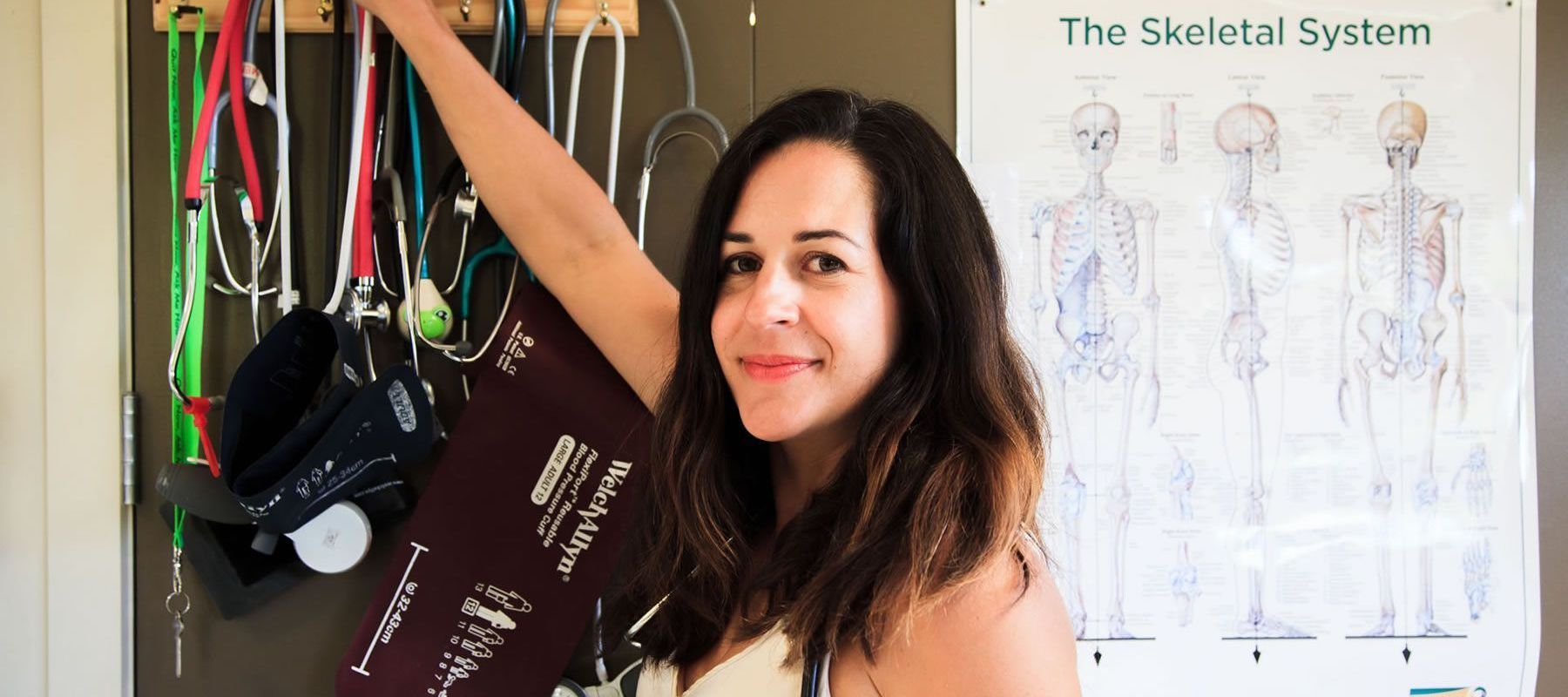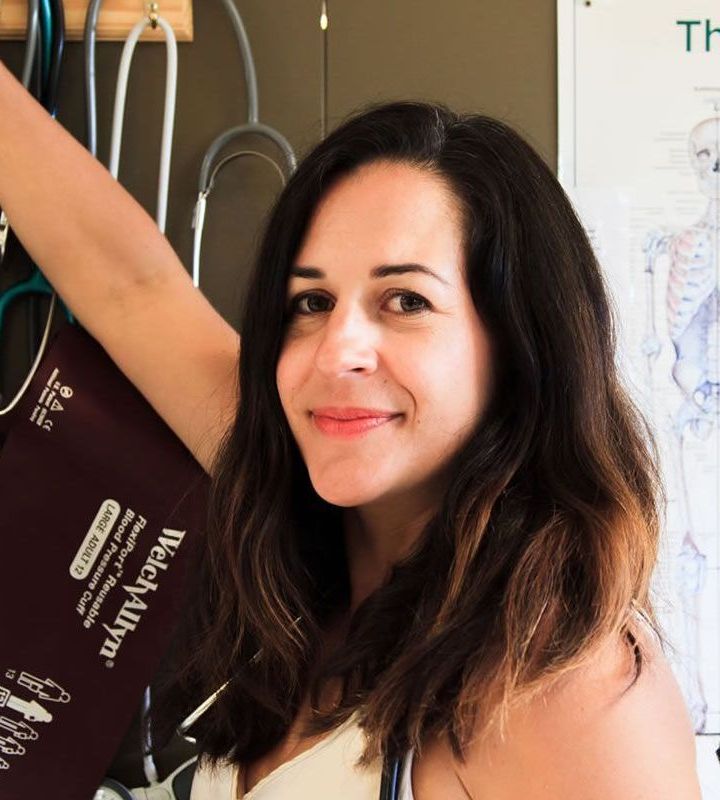Drivers Medicals 

Medical requirements
For the safety of everyone on our roads, all drivers must be medically fit to drive. You have to prove that you are medically fit every time you apply for, or renew or replace your driver licence. Mostly, this simply involves a declaration of any medical conditions. But we may require you to obtain a medical certificate where a condition you have may affect your ability to drive safely.
Declaring medical conditions
You have to complete a medical declaration when you complete any driver licence application form. This asks you to declare any conditions that may affect your ability to drive safely, including:
- Diabetes
- Locomotive joint or limb problems
- Strokes
- Nervous or mental disorders
- High blood pressure
- Seizures, fits, convulsions, epilepsy
- Serious injuries (eg, head or spinal injuries)
- Visual disturbances (eg, cataracts, double vision, glaucoma)
- Cerebral vascular accidents/disease
- Cognitive impairment
- Any other condition that may affect your ability to drive safely, including fatigue, disabilities and conditions such as dementia
If you answer 'yes' to any of these you may need to provide a medical or eyesight certificate.
When you need a medical certificate
You'll need to present a medical certificate when:
- applying for or renewing a heavy vehicle licence (class 2,3,4,5) and you've not provided a certificate within the last five years
- applying for or renewing endorsements for passengers (P), vehicle recovery services (V), driving instruction (I) or testing officer (O) and you've not provided a certificate within the last five years
- you have a medical condition that may affect your ability to drive safely
- you're an older driver obtaining or renewing any licence class or endorsement beyond your 75th birthday
- we ask you to provide one.
Getting a medical certificate
A New Zealand registered medical practitioner must complete your medical certificate. Ask your doctor to complete a NZ Transport Agency medical certificate for you. Your doctor will have copies.
The certificate:
- must be no more than 60 days old
- either state that you are safe to drive, or set out the conditions under which you can drive safely.
You are responsible for the cost of getting your certificate. The cost varies from doctor to doctor.
Eyesight check
You have to prove your eyesight meets the required standard when applying for or renewing any driver licence or endorsement. As evidence you can choose to get a medical or eyesight certificate from a medical professional or undergo a basic eyesight screening check at the licensing agent.
Medical/eyesight certificate
You may find it more convenient to visit a New Zealand registered doctor or optometrist to get a medical or eyesight as evidence your eyesight meets the standards. The certificate, must:
- be issued by a registered optometrist, ophthalmologist or doctor
- show you've met the required eyesight standard to be able to drive safely
- be the original certificate, not a copy
- be no more than 60 days old.
You are responsible for the cost of getting your certificate. The cost varies from optometrist to optometrist.
Agent eyesight checks
Where you've not opted to get a medical/eyesight certificate, the driver licensing agent will perform a basic eyesight screening check that you must pass. This takes about 90 seconds and uses a special machine that checks:
- how well you can see at a distance
- how well you can see to the sides (peripheral vision).
You don't pass the basic check?
If you fail our basic check, you need to get an eyesight certificate, which can be part of a medical certificate.
You wear glasses or contact lenses?
You may wear these at the screening check but your licence will show that you need them to drive. This is known as a 'licence condition'.
If you have sight in only one eye, or you have only one eye - monocular vision - you need to have an eyesight certificate from your doctor or optometrist.

